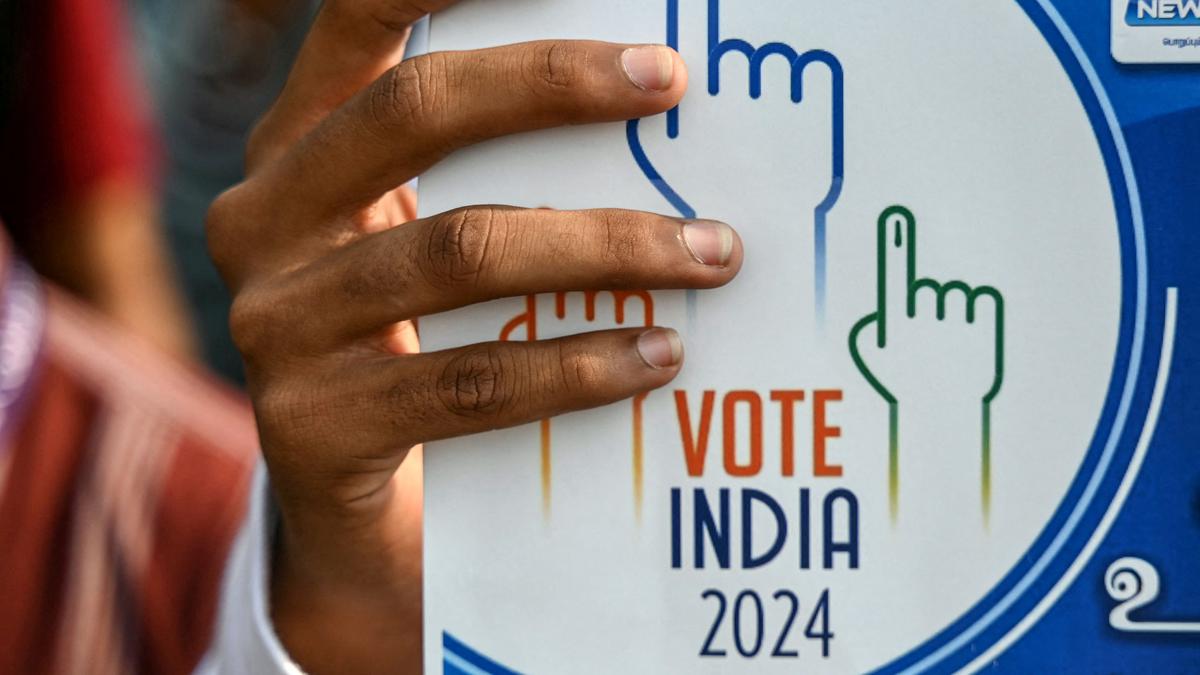
Poll officers can’t force electors who ‘refuse’ to vote at poll booths, says EC rule
The Hindu
Electors can refuse to vote under Rule 49-O, separate from NOTA, with little awareness of this option.
At a time when the Election Commission pledges to leave no stone unturned to bring eligible voters to polling stations to exercise their franchise, not many electors are aware of their right to “refuse to vote” even after registering their identities before the presiding officer.
That right, which is separate from the provision to vote under NOTA, can be exercised under the ‘Conduct of Elections Rules, 1961 Rule 49-O’, which elaborates the little-known option for electors to abstain from voting even after reaching the polling booth.
While the NOTA (None Of The Above) option allows voters to express their lack of confidence in any of the candidates seeking mandate, the ‘refusal to vote’ option allows an elector to shun the poll process in its entirety.
The 49-O clause directs the presiding officer that once an elector refuses to vote inside a booth after having his credentials verified, the officer shall put “a remark to this effect against the entry in Form 17A and the signature or thumb impression of the elector shall be obtained against such a remark”.
“This is not a new introduction of rights. It has existed for some time. The electors, though, have very little idea about it. Most people are unaware of this option,” a senior official of the EC told PTI.
The abstention from voting would, of course, play no role in affecting poll outcome and the candidate who secures the highest number of valid votes polled, irrespective of his winning margin, would be declared elected, he clarified.
On whether the EC would raise the awareness of the electors in this regard, the official said, “There is no such plan at the moment”. Underlining the advantage of rule 49-O, he stated that the rule “provided an option to reject all candidates while simultaneously keeping a check on bogus voting”.













